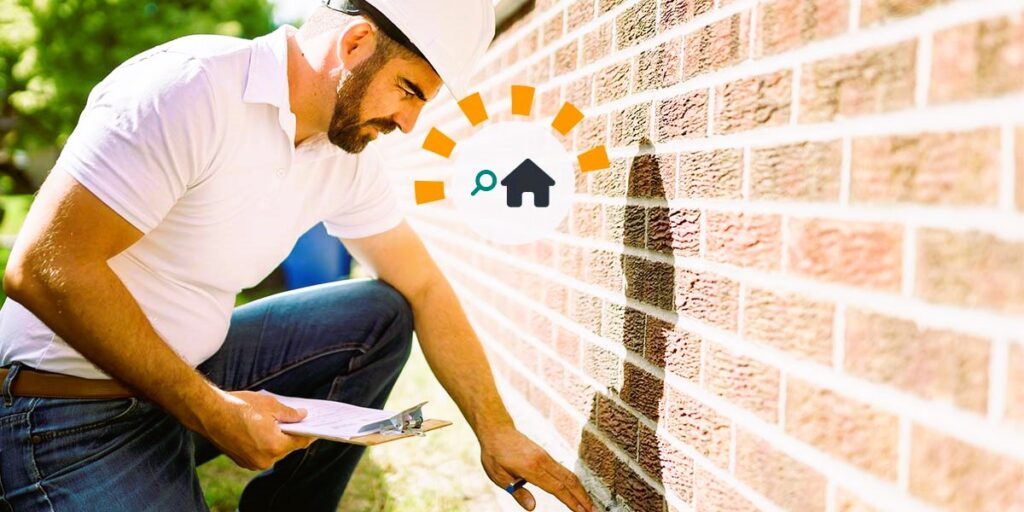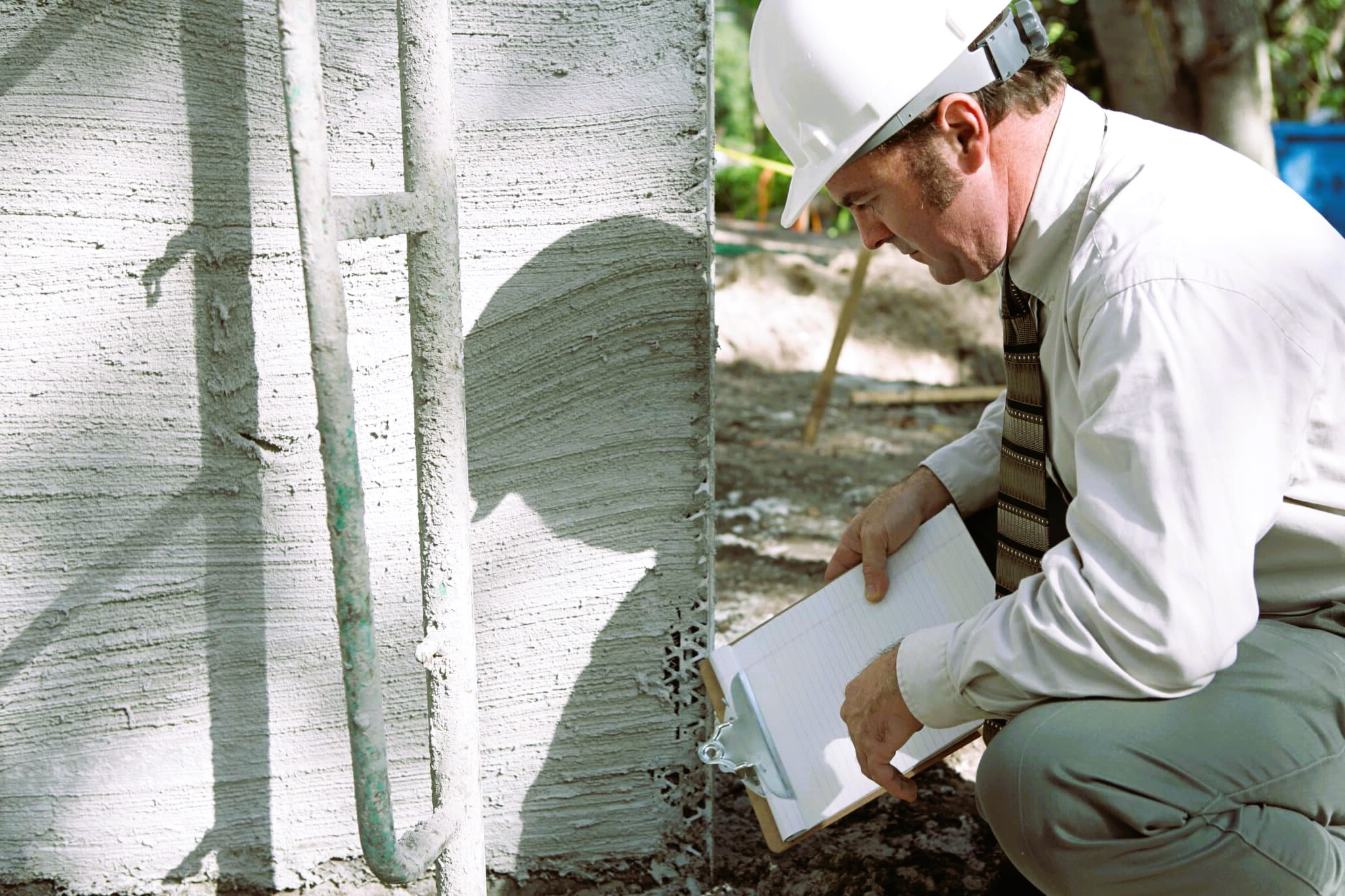When it comes to buying or selling a home, one of the most critical steps in the process is the home inspection. A home inspection provides valuable insights into the condition of a property, helping buyers make informed decisions and sellers identify any issues that may need addressing. However, homeowners may wonder whether they should attempt a do-it-yourself (DIY) inspection or hire a professional inspector. In this article, we’ll explore the differences between DIY and professional home inspections, the benefits and drawbacks of each approach, and what homeowners need to know to make the right choice.
DIY Home Inspections
A DIY home inspection involves homeowners conducting their assessment of the property’s condition without the assistance of a professional inspector. While DIY inspections may seem like a cost-effective option, there are several factors homeowners should consider:
- Limited Expertise: Homeowners may not have the same level of expertise, training, or experience as professional inspectors. Without specialized knowledge of building codes, construction techniques, and common defects, DIY inspectors may overlook critical issues or misinterpret signs of potential problems.
- Risk of Inaccuracy: DIY inspections may result in inaccurate or incomplete assessments of the property’s condition. Homeowners may lack the tools, equipment, and skills necessary to perform thorough inspections, leading to missed defects or false reassurances about the property’s condition.
- Legal and Liability Risks: Conducting a DIY inspection may expose homeowners to legal and liability risks if undisclosed defects are discovered after the sale. In some jurisdictions, homeowners may be held liable for failing to disclose known defects or misrepresenting the condition of the property, potentially resulting in legal disputes and financial losses.
- Lack of Objectivity: Homeowners may have emotional attachments to their properties, making it challenging to maintain objectivity during DIY inspections. Biases or wishful thinking may influence homeowners’ assessments of the property’s condition, leading to unrealistic expectations or overlooked issues.
Professional Home Inspections

Professional home inspections are conducted by trained and certified inspectors who have the knowledge, expertise, and experience to assess properties accurately. Here are some key benefits of hiring a professional inspector:
- Expertise and Experience: Professional inspectors undergo rigorous training and certification programs to develop the skills and knowledge needed to conduct thorough inspections. They have experience evaluating a wide range of properties and can identify potential issues that may not be apparent to homeowners.
- Comprehensive Assessments: Professional inspectors use specialized tools, equipment, and inspection protocols to conduct comprehensive assessments of properties. They examine all accessible areas of the home, including the roof, foundation, electrical systems, plumbing, HVAC systems, and more, to identify defects and safety concerns.
- Unbiased Assessments: Professional inspectors provide unbiased and impartial assessments of the property’s condition, free from emotional attachments or conflicts of interest. They present objective findings based on their observations and expertise, helping buyers and sellers make informed decisions. Read about the impact of seasonal changes on home inspections in our article.
- Peace of Mind: Hiring a professional inspector provides peace of mind for buyers and sellers, knowing that the property has been thoroughly evaluated by a qualified expert. Professional inspection reports provide detailed information about the property’s condition, including any defects or areas of concern, enabling clients to proceed with confidence.
What Homeowners Need to Know
When deciding between DIY and professional home inspections, homeowners should consider the following factors:
- Complexity of the Property: The complexity of the property and the presence of specialized systems or features may influence the need for a professional inspection. Older homes, luxury properties, and properties with unique characteristics may require professional expertise to assess accurately.
- Legal and Financial Implications: Homeowners should be aware of the legal and financial implications of DIY inspections, including potential liability risks and the impact on the sale of the property. In some cases, lenders, insurers, or real estate agents may require professional inspections to finalize transactions.
- Cost-Benefit Analysis: While DIY inspections may seem like a cost-effective option, homeowners should weigh the potential savings against the risks and limitations of DIY assessments. Investing in a professional inspection may provide greater value and peace of mind in the long run, especially for high-value properties or complex transactions.
- Professional Referrals: Real estate agents, lenders, and other industry professionals can provide valuable referrals to reputable and experienced home inspectors. Homeowners should research inspectors’ qualifications, certifications, and reviews before making a decision, ensuring they hire a qualified professional.

Conclusion
In conclusion, the choice between DIY and professional home inspections depends on various factors, including the complexity of the property, legal and financial considerations, and the homeowners’ expertise and preferences. While DIY inspections may be suitable for simple properties or experienced homeowners, professional inspections offer numerous benefits, including expertise, comprehensive assessments, objectivity, and peace of mind. Ultimately, homeowners should carefully consider their options and choose the inspection method that best meets their needs and safeguards their interests. For more information on home inspections and industry standards, visit Canada.ca.

